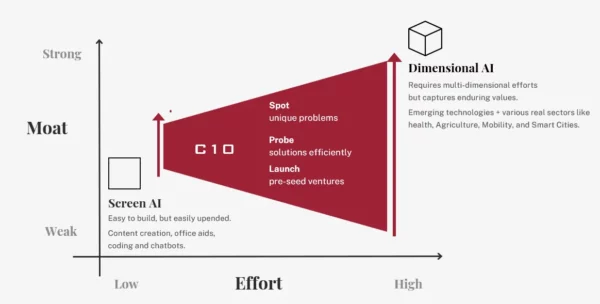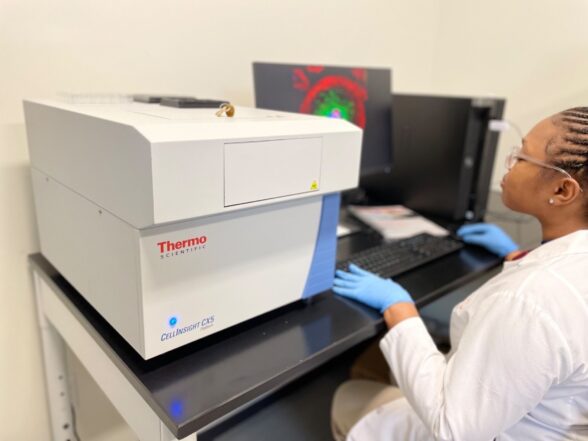Kevin P. Martin, Jr. is the Managing Director of Kevin P. Martin & Associates, P.C. (KPM), a CPA and business consulting firm with local offices in Boston, Braintree, and Danvers, including CIC. Kevin works with all types of startup companies and has spent his entire career working with companies to monetize Federal and state tax credit programs. Got a question? Kevin can be reached at kmartinjr@kpm-us.com. You can also follow Kevin on Twitter @KPMCPA.
On August 10, 2016, Massachusetts Governor Baker signed legislation enacting an angel investor tax credit program effective August 17, 2017.
Massachusetts joins a long list of states offering some form of tax credit for investors in early stage companies in specific technologies or industries.
In the Commonwealth, taxpayer investors who make investments in “qualifying businesses” which includes investments in the e-health, information technology and health care sectors will be allowed a tax credit equal to 20% of the taxpayer’s qualifying investment. Investments in qualifying businesses in “gateway municipalities” qualify for a credit of 30% of the investment made.
A qualifying business means a business with:
- Its principal place of business in Massachusetts
- 50% or more of its employees are located in the business’s principal place of business
- A fully developed business plan that includes long-term and short-term forecast and contingencies of business operations, including research and development, profit, loss and cash flow projections and details of angel investor funding
- 20 or fewer full-time employees at the time of the taxpayer investor’s initial investment
- A federal tax identification number
- Gross revenues equal to or less than $500,000 in the fiscal year before eligibility.
Investors may invest up to $125,000 per year with a $250,000 maximum for each qualifying business. Total credits available for use by an individual investor are capped at $50,000 in each calendar year.
Tax credits may be taken in either the tax year of the initial investment or in any three subsequent taxable years. “Excess credits” may be carried forward to any of the three subsequent taxable years.
Let’s face it, credits are being made available to encourage start-ups knowing that those companies create jobs. The hope is that Massachusetts will realize more revenue in the long run than they sacrifice by offering the tax breaks. That said, under the enacted legislation, if the qualifying business ceases to have its principal place of business in the Commonwealth within the 3-year period, the investors will not be able to claim any further credits and must repay the total amount of credits claimed.
One of the problems with these types of credit programs is that so many people remain unaware of them, blunting a potentially powerful financing opportunity.
This is going to be a great program. Let’s see how it plays out over the coming months. In the end, the real driver is to foster growth innovation and workforce development.




